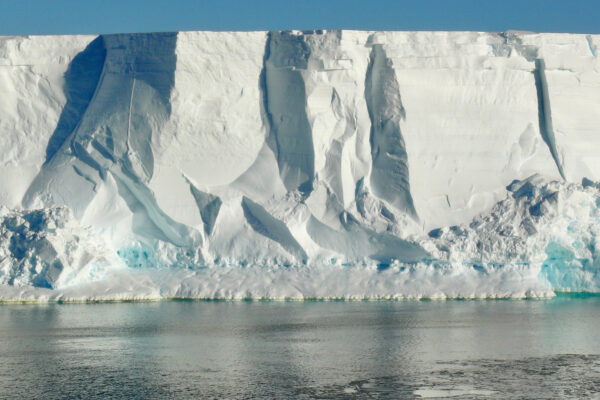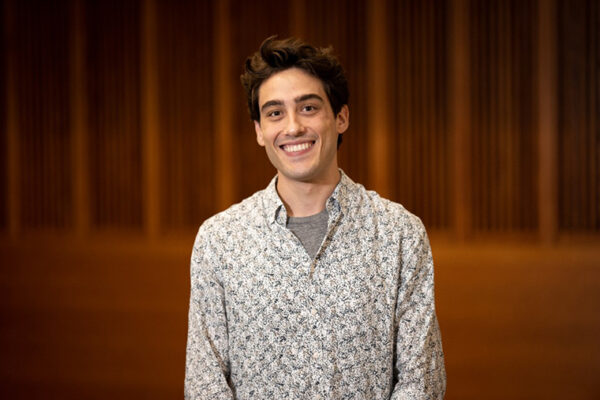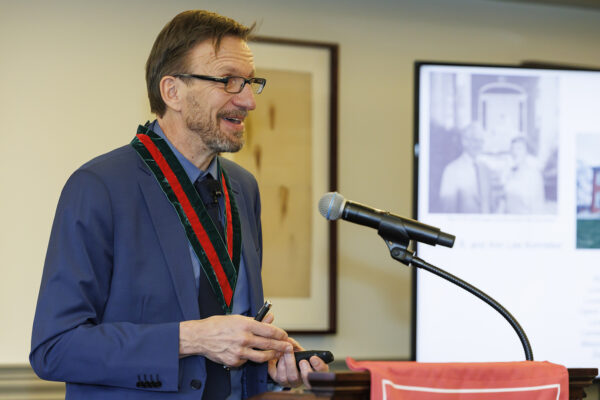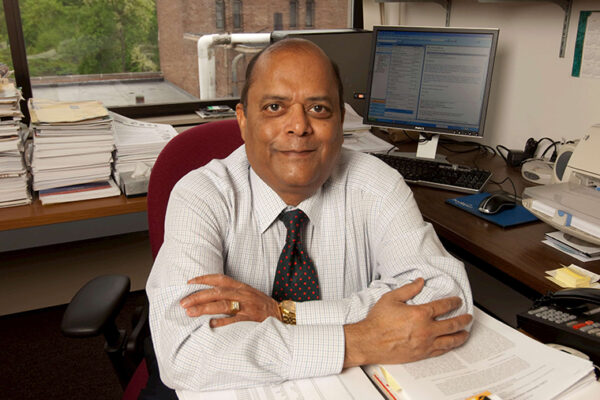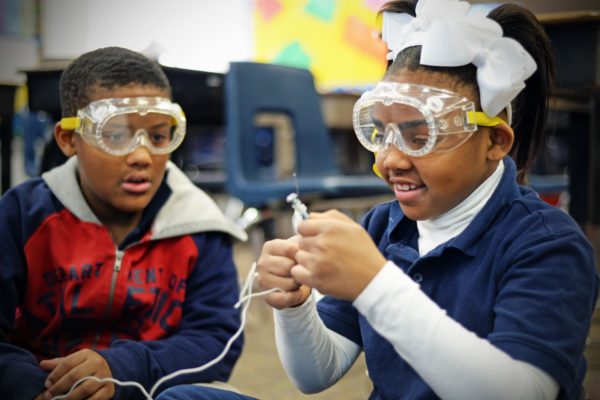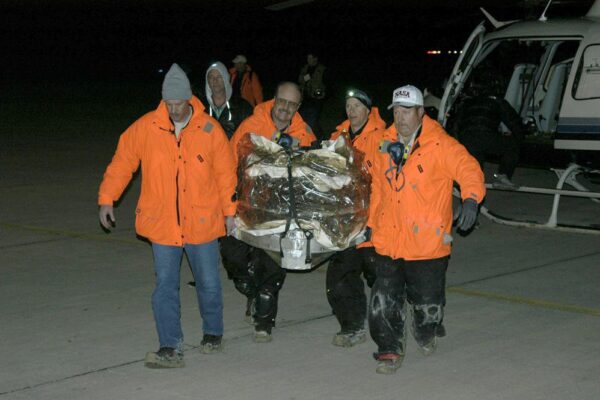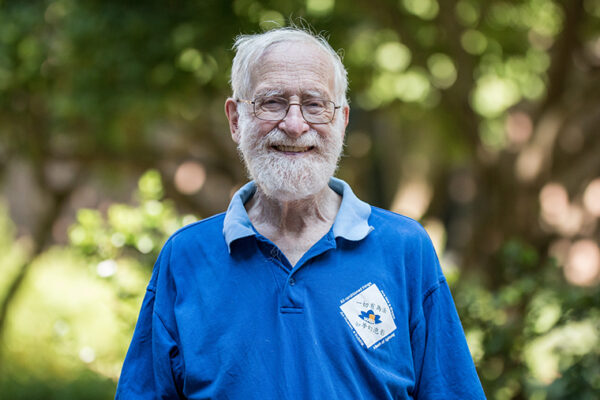Largest ice shelf in Antarctica lurches forward once or twice each day
A conveyer belt of ice jostles the entire Ross Ice Shelf out of place at least once daily, according to new research from Washington University in St. Louis.
Michaelides wins NASA fellowship for early-career researchers
A $300,000 award from NASA’s Early Career Investigator Program in Earth Science will allow Roger Michaelides, in Arts & Sciences, to track interactions between permafrost and wildfires in a warming Arctic, work that could shed new light on climate change.
Krawczynski installed as Wilfred R. and Ann Lee Konneker Distinguished Professor of Physics
Henric Krawczynski was installed as the Wilfred R. and Ann Lee Konneker Distinguished Professor of Physics in Arts & Sciences during a ceremony Feb. 28 at the Whittemore House. His installation lecture was titled “The Bright Side of Black Holes.”
Agarwal wins 2024 Thermal and Fluids Engineering Award
Ramesh Agarwal, the William Palm Professor of Engineering in the McKelvey School of Engineering at Washington University in St. Louis, has been selected to receive the 2024 Thermal and Fluids Engineering Award from the American Society of Thermal and Fluids Engineers.
Framework promotes equitable science learning
Teaching science in a way that includes and engages all learners can be challenging, but a new framework developed by the Institute for School Partnership at Washington University in St. Louis, and published in the journal Science and Children, provides criteria for equitable lesson development in elementary science.
Peter Alan Fedders, professor emeritus of physics, 85
Peter Alan Fedders, a professor emeritus of physics in Arts & Sciences at Washington University in St. Louis, died Feb. 22, 2024, in La Jolla, Calif. He was 85. Fedders was an expert in condensed-matter physics who made significant contributions to the theory of nuclear magnetic resonance.
The ties that bind
Researchers in Arts & Sciences discovered that a common mineral called goethite, found in red soils all over the Earth, tends to naturally trap trace metals over time, locking them out of circulation.
Samples from a Wild comet reveal a surprising past
Eighteen years after NASA’s Stardust mission returned to Earth with the first samples from a known comet, the true nature of that icy object is coming into focus, according to physicist Ryan Ogliore in Arts & Sciences.
Why do we sleep? Researchers propose an answer to this age-old question
Sleep helps restore the brain’s operating system to a critical state, according to new findings from biology and physics researchers in Arts & Sciences.
Peter R. Phillips, professor emeritus of physics, 92
Peter R. Phillips, a professor emeritus of physics in Arts & Sciences, died Friday, Dec. 1, 2023, in St. Louis. He was 92 years old.
Older Stories
